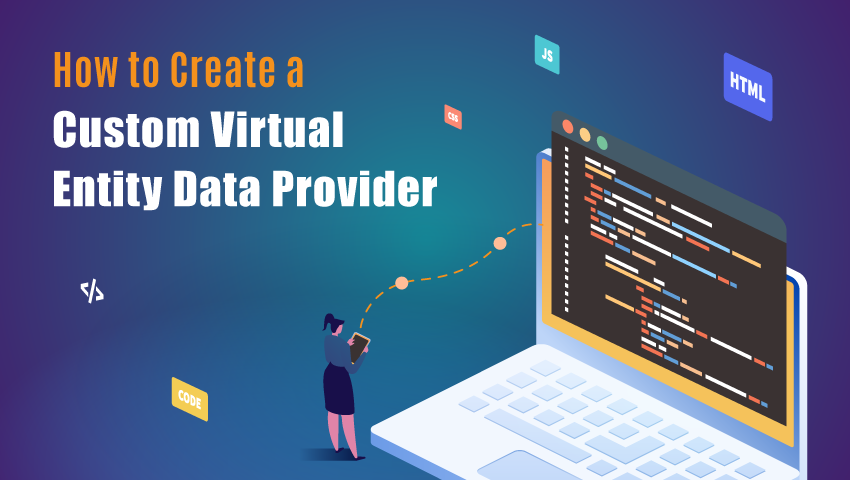Trick Features to Seek When Selecting a Data Source Service Provider
Choosing a data source carrier is a critical decision that can substantially impact your organization's procedures and information management method. Amongst the important attributes to consider are scalability alternatives, which make sure that your system can adapt to expanding demands.
Scalability Options
When picking a database service provider, understanding scalability options is vital to making sure that the chosen service can fit future growth. Scalability refers to the ability of a data source system to increase its capability and efficiency in response to enhanced need. There are 2 key types of scalability: vertical and horizontal.
Vertical scalability, or "scaling up," involves enhancing a single web server's sources, such as CPU, RAM, or storage space. This approach can be economical and uncomplicated for smaller sized applications but might reach a limitation where even more upgrades are too expensive or unwise.
Straight scalability, or "scaling out," entails adding more web servers to distribute the load. This technique permits greater versatility and can suit significant increases in information volume and customer web traffic (database provider). It is particularly beneficial for cloud-based data source services that can dynamically allot resources based upon demand

Protection Actions

When assessing safety and security steps, consider the implementation of security methods (database provider). Data-at-rest and data-in-transit file encryption are important to make sure that sensitive information continues to be secured, even in the event of a security violation. Furthermore, search for service providers that offer solid authentication mechanisms, such as multi-factor verification (MFA), to additionally improve access control
Normal safety audits and compliance with sector requirements, such as GDPR or HIPAA, are indicative of a provider's dedication to data defense. Moreover, inquire concerning their event response strategy; a robust strategy can minimize the influence of any potential safety occurrence.
Performance Metrics
Examining performance metrics is crucial for organizations to make sure that their selected database carrier satisfies functional requirements. Trick performance metrics include feedback scalability, time, and throughput, which collectively figure out the performance of database operations under differing loads.
Reaction time is essential, as it reflects exactly how promptly the database can process inquiries and return outcomes. Organizations should search for metrics that show ordinary response times during height and off-peak hours. Throughput, often measured in deals per 2nd (TPS), gives insight into the database's capacity to handle high volumes of requests without performance deterioration.
Scalability analyzes the data source's capacity to grow with the organization's requirements. A robust database carrier should demonstrate vertical and horizontal scaling capabilities, enabling seamless adjustments as demands vary. Furthermore, comprehending latency, especially in distributed systems, can assist organizations assess the responsiveness of the database across different geographical locations.
Consumer Assistance
Trusted consumer support is a cornerstone of effective data source administration, offering organizations with the aid required to fix issues and optimize efficiency. When picking a database service provider, evaluating the degree of customer assistance they use is vital. A robust support group ought to consist of several channels of interaction, such as phone, email, and live conversation, making sure that users can access aid whenever they need it.
In addition, responsive assistance teams that are readily available 24/7 significantly enhance the dependability of the database service. Motivate reaction times and reliable resolution of issues can significantly lower downtime and boost total productivity. It is likewise advantageous to think about the availability of specialized assistance personnel, that can supply tailored help based on an organization's details needs.

Pricing Framework
When considering a database provider, the prices framework is a critical variable that can substantially influence an organization's spending plan and overall strategy. A transparent and flexible pricing version is essential for straightening the data source see post sets you back with organization requirements - database provider. Organizations needs to review whether the pricing is based on intake, per user, or a flat price, as each version can yield different economic effects in time
It is necessary to analyze any extra prices connected with the company's solutions, such as information storage space fees, transaction expenses, and assistance fees. Some providers may provide tiered prices, permitting scalability as the company expands, while others could enforce strict limits that could end up being expensive as information demands boost.
In addition, companies should consider the long-term value of the database solution. While lower initial prices can be appealing, they may not account for future upgrades, maintenance fees, or integration prices. Performing an extensive cost-benefit analysis will help identify the most ideal rates framework that stabilizes scalability, performance, and assistance, eventually guaranteeing that the selected data source carrier straightens with the organization's financial and operational goals.
Conclusion
To conclude, picking a database service provider necessitates mindful consideration of various critical attributes. Scalability choices guarantee adaptability to future development, while robust security actions secure sensitive details. Examining performance metrics makes it possible for the identification of efficient data sources, and available consumer support boosts the general customer experience. A transparent pricing framework further adds to find here informed decision-making. By extensively evaluating these variables, organizations can make critical options that straighten with their operational demands and long-term goals.
Selecting a database supplier is a critical decision that can dramatically impact your organization's operations and data monitoring approach.When picking a data source service provider, comprehending scalability alternatives is crucial to guaranteeing that the selected option can suit future development. When picking a data source provider, evaluating the level of consumer support they offer is vital.When thinking about a data source supplier, the rates framework is an essential aspect that can dramatically influence a company's budget plan and general method. Carrying out a complete cost-benefit evaluation will help identify the most ideal rates framework that balances support, performance, and scalability, eventually ensuring that the selected data source supplier lines up with the organization's operational and financial purposes.